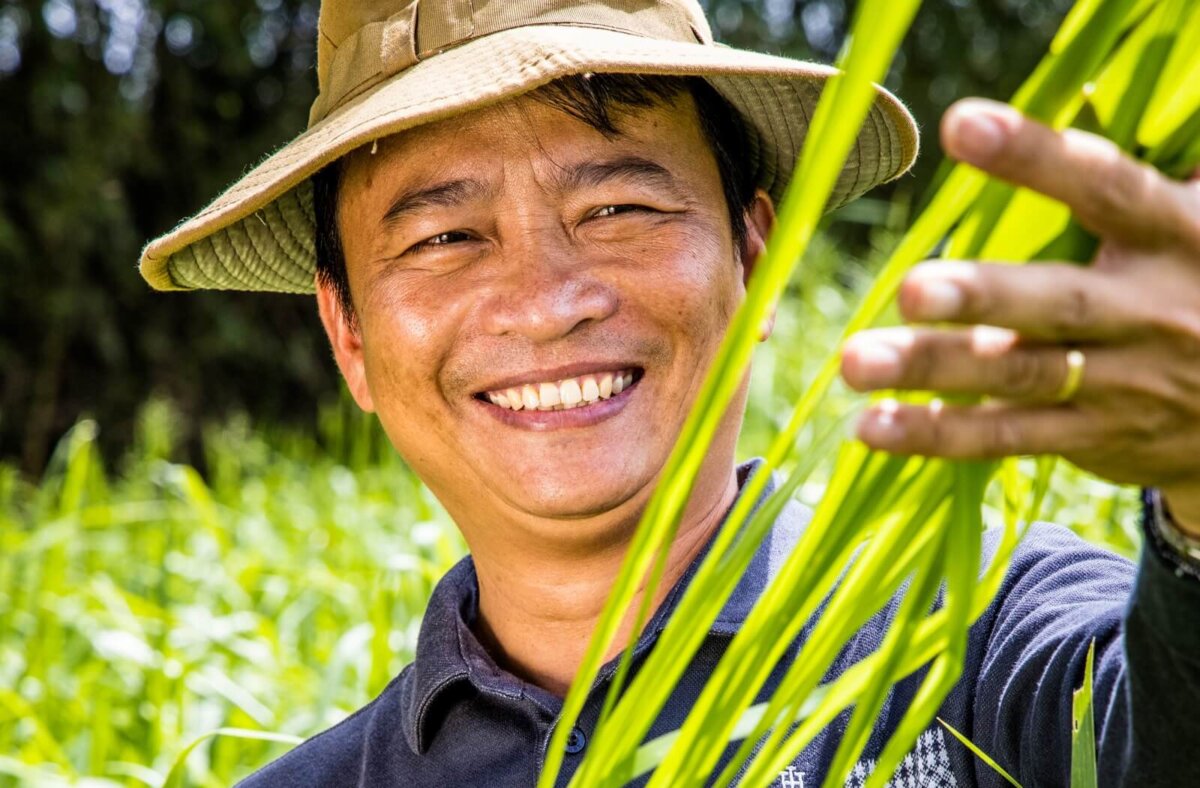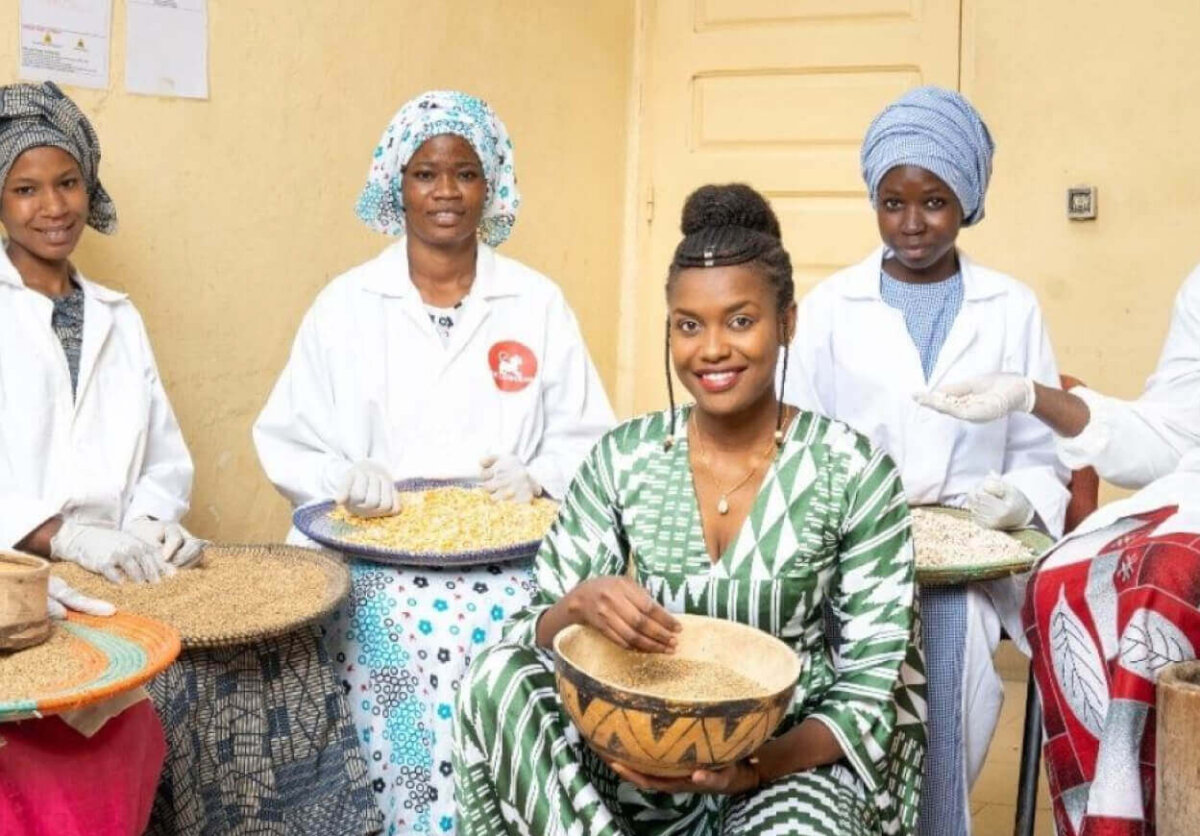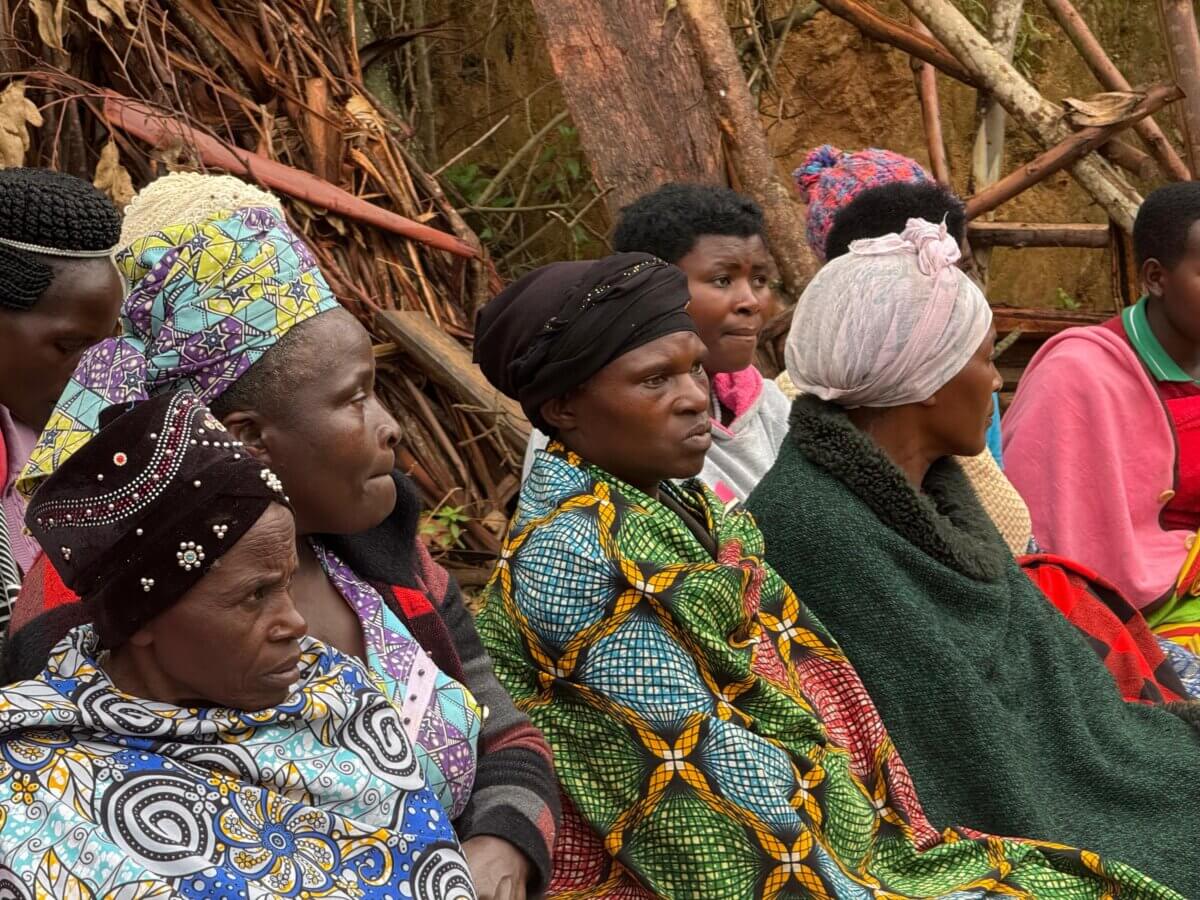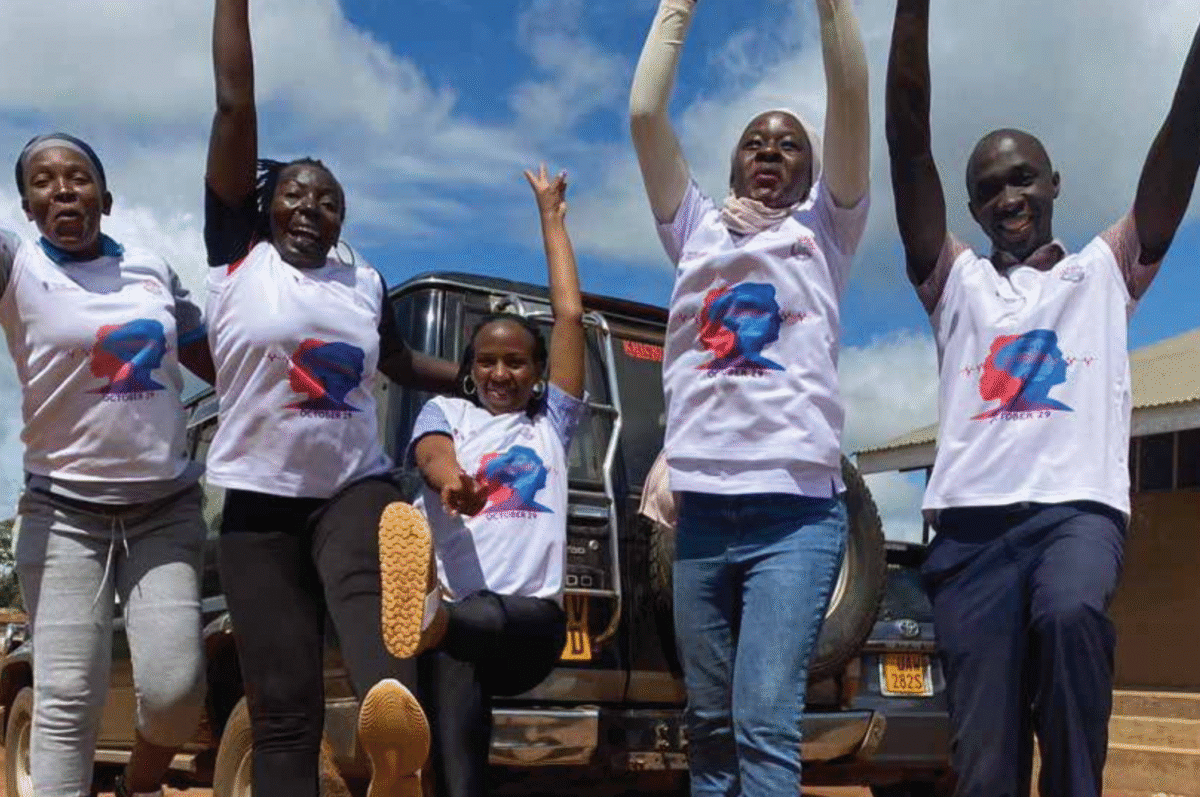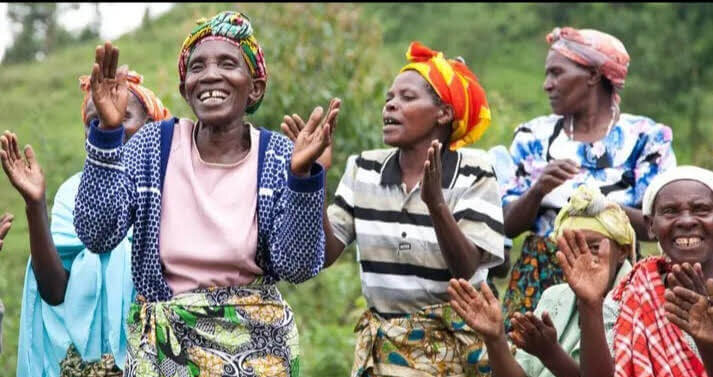- Projects
- Empowering Uganda’s entrepreneurs to build sustainable futures
Empowering Uganda’s entrepreneurs to build sustainable futures
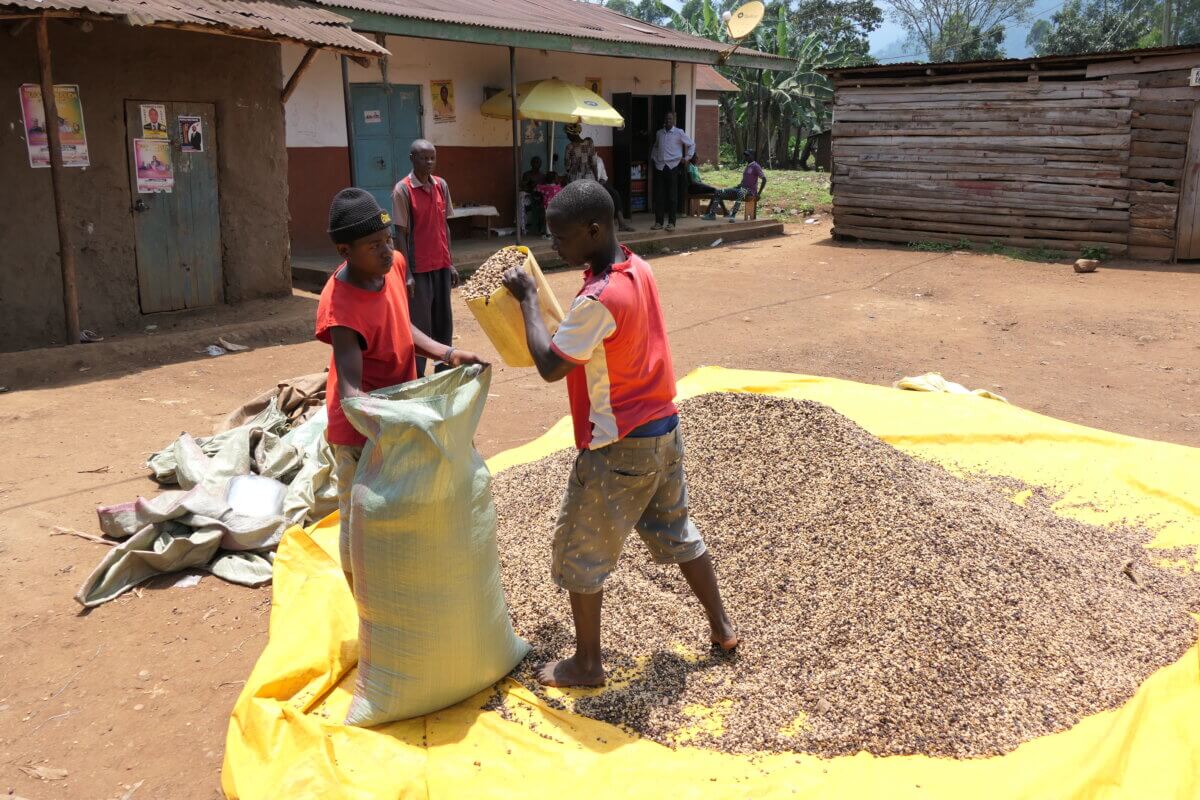
In Uganda, small and medium enterprises are the backbone of economic progress where the Federation of Small and Medium Enterprises (FSME) has been a lifeline for countless entrepreneurs. Dedicated to assisting micro, small, and medium-sized businesses achieve their ambitions, FSME provides its members with advice, market access, training, financial expertise, mentorship, and a strong voice in government.
Yet, as the organisation grew, so did the need for sustainability. While FSME was already implementing donor-funded projects, it wanted to strengthen its commercial ecosystem to become self-sustaining through its own services and collaborations with both SMEs and larger, financially stronger companies.
Collaboration for financial independency
To support this transition, PUM expert Hans van Halteren was invited to work alongside FSME’s team. Together, they explored strategies to make the organisation more financially independent, improve internal capacity, and refine its strategic direction.
The collaboration started with hands-on sessions where staff and trainers co-created the foundation of a Business Model Canvas, a practical roadmap to guide FSME’s future operations and revenue generation. Hans also worked closely with the manager to strengthen her leadership position and strategic influence within the organisation.
In addition, a comprehensive series of trainings were delivered to FSME’s trainers, staff, and women-led SMEs. These sessions covered mentoring skills, entrepreneurship development, SWOT analysis, teamwork, cooperative operations, cultural awareness, and the use of the Business Model Canvas. Mentors were also trained to act as professional guides for entrepreneurs, ensuring that the knowledge shared would continue to multiply long after the project’s completion.
Laying the groundwork for the future
FSME’s impact reaches deep into Uganda’s communities through projects such as WEADS (Women Agri-SME’s Development Support) and SAYE (Stimulating Agri-business for Youth Employment). These initiatives are supporting women and young entrepreneurs in agri-business, particularly those working in coffee, poultry, and vegetables build stronger enterprises. FSME, as one of the five key stakeholders in SAYE, now reaches over 100 youth-led SMEs.
During the project, Hans visited several of these businesses, creating awareness around marketing, sales, and effective collaboration within cooperatives. Though the full results will unfold over time, the foundation for lasting change is clear: FSME’s growing confidence, structure, and skill base are setting the stage for a stronger, self-sustaining business support ecosystem one that will continue empowering Uganda’s entrepreneurs for years to come
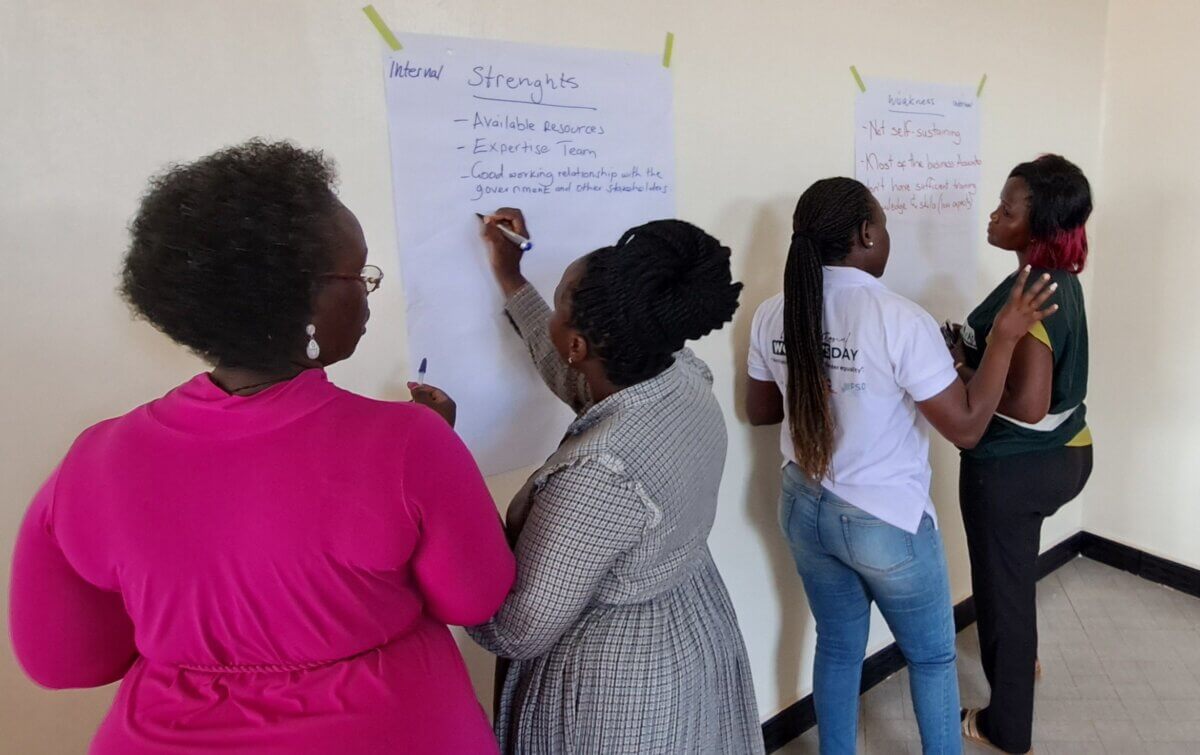
Interested in this project? Get in touch with
Ankunda Buhanda
Representative Uganda, Kampala

